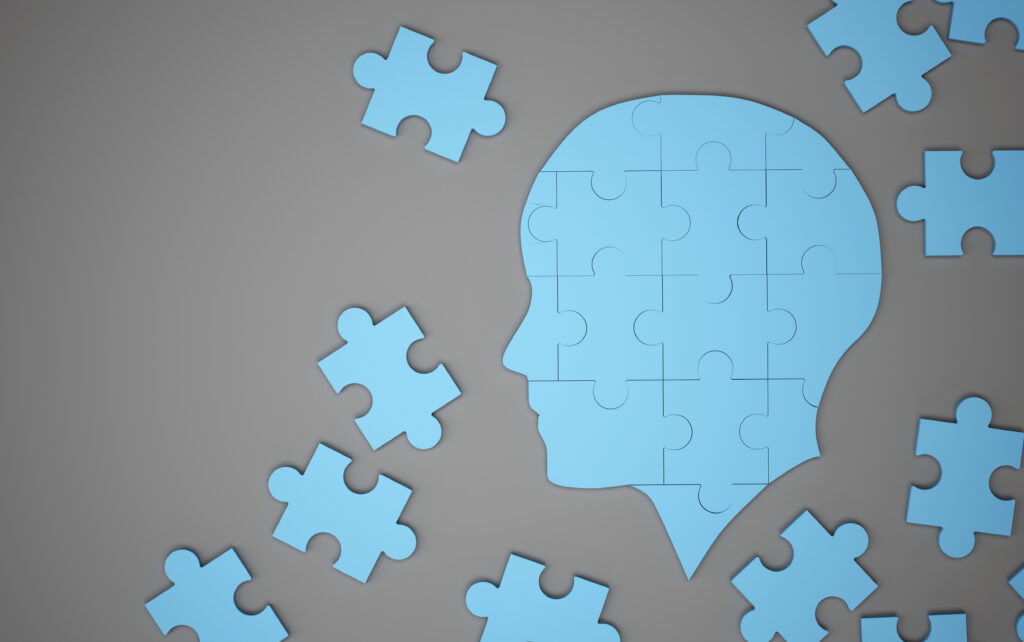### The Role of the Feldenkrais Method in Alzheimer’s Care
The Feldenkrais Method is a holistic approach to movement and body awareness that has been gaining attention for its potential benefits in various health conditions, including Alzheimer’s disease. This method, developed by Moshe Feldenkrais, focuses on improving body awareness and movement to promote healing and functional improvement. Here, we explore how the Feldenkrais Method can play a significant role in Alzheimer’s care.
#### What is the Feldenkrais Method?
The Feldenkrais Method is a form of somatic education that emphasizes the connection between movement and awareness. It involves gentle, mindful exercises designed to help individuals become more aware of their body and movements. This method encourages slow, deliberate movements to increase sensory awareness and reduce unnecessary effort and tension.
#### Benefits for Alzheimer’s Patients
1. **Improved Motor Control**: Alzheimer’s disease often leads to motor impairments, such as difficulty with balance and coordination. The Feldenkrais Method can help improve motor control by strengthening neural connections related to movement and body perception. This can enhance the patient’s ability to perform daily activities and reduce the risk of falls.
2. **Enhanced Cognitive Function**: While the Feldenkrais Method primarily focuses on physical movement, it also has cognitive benefits. By increasing body awareness, it can help patients better understand their surroundings and engage more actively in their environment. This can be particularly beneficial for Alzheimer’s patients who may experience confusion or disorientation.
3. **Reduced Pain and Tension**: Many Alzheimer’s patients experience chronic pain or discomfort due to muscle tension. The gentle, mindful exercises of the Feldenkrais Method can alleviate pain and tension by reducing unnecessary effort and promoting relaxation.
4. **Emotional Well-being**: The method’s focus on awareness and movement can also enhance emotional well-being. By improving body awareness, patients may feel more grounded and secure, which can reduce anxiety and improve overall quality of life.
#### Practical Applications
1. **Awareness Through Movement**: This is a key principle of the Feldenkrais Method. It involves guided movements that help patients become more aware of their bodies and movements. This can be done in a group setting or one-on-one with a certified practitioner.
2. **Functional Integration**: Practitioners use gentle touch to guide movements, helping individuals discover new ways of moving and functioning. This can be particularly beneficial for Alzheimer’s patients who may need assistance with daily activities.
3. **Home-Based Exercises**: The Feldenkrais Method can be adapted for home-based exercises, making it accessible for patients who may have difficulty attending group sessions. Certified practitioners can provide instructions and guidance for home practice.
#### Conclusion
The Feldenkrais Method offers a unique approach to care for Alzheimer’s patients by improving motor control, cognitive function, reducing pain and tension, and enhancing emotional well-being. Its focus on awareness and gentle movement makes it an accessible and beneficial addition to traditional care methods. By incorporating the Feldenkrais Method into their care plan, patients and caregivers can experience improved quality of life and enhanced overall well-being.
For those interested in learning more or incorporating the Feldenkrais Method into their care routine, it is essential to seek out certified practitioners who can provide personalized guidance and support. With its holistic approach to movement and body awareness, the Feldenkrais Method has the potential to make a significant difference in the lives of those affected by Alzheimer’s disease.



